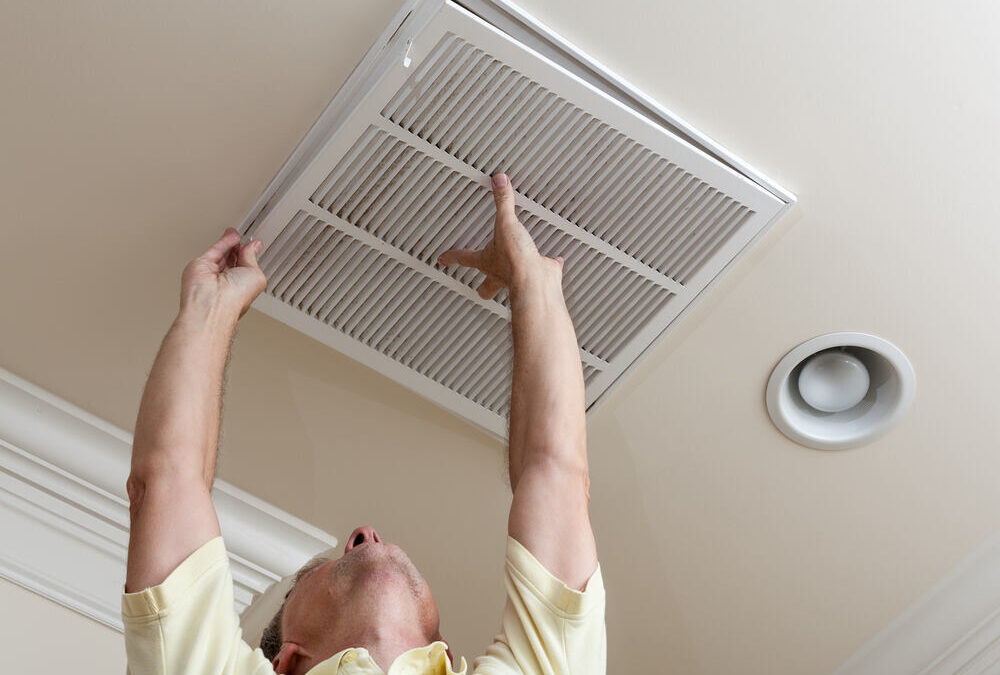During the cold winter months, many homeowners and business owners notice a peculiar problem: a musty smell emanating from their ducts. This odor can be quite unpleasant and can make indoor environments uncomfortable. Understanding the causes of musty duct smell winter smells is crucial in effectively addressing this issue and ensuring a comfortable indoor atmosphere.

Understanding the Basics of Musty Smells
Before diving into the specific causes, it’s important to understand what constitutes a musty smell. Typically, this odor is associated with dampness and the growth of mold or mildew. This is why the issue is more common during the winter when properties are sealed tight against the cold, leading to increased moisture buildup.
Why Winter Makes It Worse
Winter conditions often exacerbate the problem. With closed windows and doors, ventilation is reduced, trapping moisture inside. This creates an ideal environment for mold and mildew to thrive, resulting in the musty smell that many people notice.
Main Causes of Musty Duct Smell in Winter
1. Moisture in Ductwork
Moisture is the primary culprit behind musty smells. It can accumulate in ductwork for several reasons, such as leaks or condensation. Once moisture is present, it provides a breeding ground for mold and mildew.
2. Mold and Mildew Growth
Once moisture is in the ducts, mold and mildew can begin to grow. This growth is often hidden, making it challenging to identify without professional inspection. Mold and mildew not only produce musty odors but can also pose health risks.
3. Poor Ventilation
As previously mentioned, winter often leads to poor ventilation. When air circulation is insufficient, dampness and odors can linger, making the smell more noticeable and persistent.
4. Dirty Air Filters
Air filters that are clogged or dirty can contribute to the circulation of musty odors. They can trap dust, mold spores, and other particles, which can then be redistributed throughout the home or business.
Prevention and Solutions
Regular Maintenance
Regular HVAC maintenance is essential to prevent and address the causes of musty duct smell winter smells. This includes checking for leaks in the ductwork, cleaning air filters, and ensuring proper ventilation.
Use of Dehumidifiers
Dehumidifiers can help reduce moisture levels in the air, making it less likely for mold and mildew to develop. This is particularly useful in areas prone to high humidity levels.
Professional Duct Cleaning
Hiring a professional for duct cleaning can effectively remove mold, mildew, and other debris from the ductwork. This service not only improves air quality but also helps in eliminating musty odors Learn more about duct cleaning.
DIY Tips for Homeowners
While professional services are recommended, there are several DIY measures homeowners can take to address musty smells. These include regularly changing air filters, ensuring proper ventilation, and inspecting ducts for visible signs of mold or mildew.
Using Natural Deodorizers
Natural deodorizers like baking soda can help absorb odors. Placing bowls of baking soda near vents can be an effective temporary solution.
When to Call a Professional
If DIY methods fail to resolve the issue, or if there are signs of extensive mold growth, it’s crucial to contact a professional. They have the tools and expertise to thoroughly clean and sanitize the ductwork Explore professional tools.
Long-term Solutions
Sealing Duct Leaks
Sealing leaks in the ductwork can prevent moisture entry, thus reducing the likelihood of mold and mildew growth.
Installing Advanced Filtration Systems
Advanced filtration systems can capture finer particles, improving air quality and reducing odors.
FAQs
1. Can musty duct smells affect health?
Yes, prolonged exposure to mold and mildew can lead to respiratory issues and allergic reactions.
2. How often should ducts be cleaned?
It’s recommended to have ducts professionally cleaned every 3 to 5 years, or more frequently if there are specific issues.
3. Are there natural ways to reduce musty smells?
Yes, using dehumidifiers and natural deodorizers like baking soda can help reduce odors.

Conclusion
Addressing the causes of musty duct smell winter smells requires a comprehensive approach, combining regular maintenance, professional cleaning, and practical DIY solutions. By understanding the root causes and implementing effective measures, homeowners and business owners can ensure a fresh and comfortable indoor environment throughout the winter months.
For more detailed advice on addressing HVAC issues, visit this informative guide.
This article contains affiliate links. We may earn a commission at no extra cost to you.